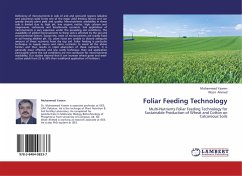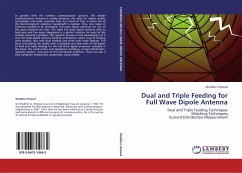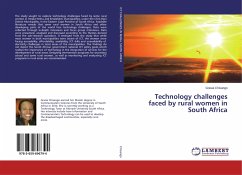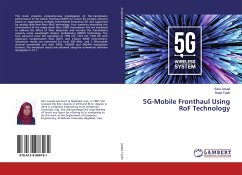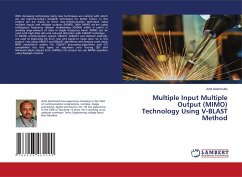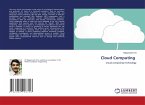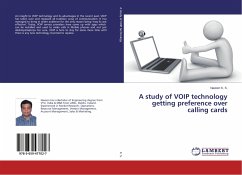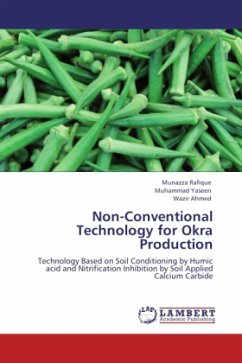Deficiency of micronutrients in soils of arid and semi-arid regions (alkaline and calcareous soils) forms one of the major yield limiting factors and can greatly disturb plant yield and quality. Micronutrients availability in these soils is limited due to high pH, low organic matter, high calcium and magnesium, carbonate and bicarbonate contents. Soil application of micronutrients is very expensive under the prevailing soil conditions. The availability of added micronutrients to these soils is affected by the soil and environmental factors. Except Mo, most of micronutrients are readily fixed in soil having alkaline pH. So, plant roots are unable to absorb adequate amount of these nutrients from dry top soil. Foliar feeding is particular technique to supply macro and micro nutrients to avoid all the above factors and thus results in rapid absorption of these nutrients. It is generally more effective and less costly technique than soil application particularly where the soil conditions are not conducive for micronutrients availability. Our studies showed that it can increase wheat grain and seed-cotton yields from 25 to 35% than traditional application of fertilizers.

